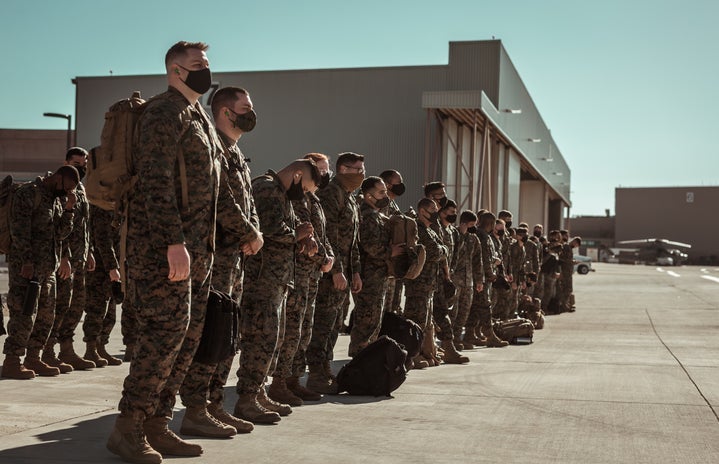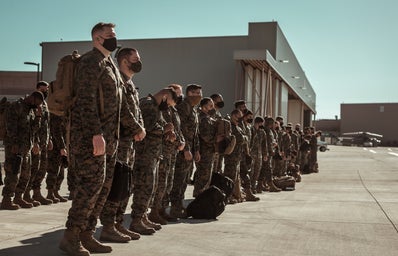In the two decades following the worst attack on our nation since Pearl Harbor, the conflict in the Middle East has continued. The 9/11 attack on the World Trade Center not only put the nation into an era of terror but resulted in a 20-year military campaign against the terrorist groups that operate in the Middle East. As we approach the twentieth anniversary, many veterans and survivors of the attack reflect on the hardships that they and this nation have endured since that fateful day.
Currently, some survivors and victims’ families are calling on President Biden to forgo his attending of 9/11 events due to the US government’s withholding of important documents surrounding the attack. The group, consisting of these people, is also filing a lawsuit accusing Biden of not upholding his campaign promises to disclose classified information to 9/11 victims’ families.
“Through multiple administrations, the Department of Justice and the FBI have actively sought to keep this information secret and prevent the American people from learning the full truth about the 9/11 attacks,” the statement reads.
Even with the passage of two decades, much still remains unresolved regarding the 9/11 attacks and the war in Afghanistan. On Aug. 30, the Biden administration withdrew American forces from Afghanistan after 20 years spent there.
While the Sep. 11 terrorist attack took approximately 3,000 lives, the even greater cost of the attack was the war that followed. Notably, Congress never officially declared war on Afghanistan; yet, the Associated Press estimates the war in Afghanistan and Iraq cost the United States approximately $2 trillion. President Bush declared the War on Terror in September 2001. By the following October, the United States, alongside Great Britain, began launching airstrikes at Taliban and Al Qaeda training groups. The war officially ended in December 2014 under the Obama administration, and withdrawal of the troops began in January 2019.
Now known as the longest war in U.S. history, the quick withdrawal from Afghanistan brings the Biden administration’s foreign policy into question by the American public. According to NPR, a whopping 71 percent of US adults view the war in Afghanistan as a failure. In the last few months, the Biden administration’s actions of rapidly pulling American forces out of Afghanistan caused the country to fall into panic over what would happen as a result. The absence of US troops in Afghanistan forfeits power to the Taliban, another terrorist group wanting to regain power in the Middle East.
The greatest fears now in the Middle East are among women. The Taliban announced women would not be able to hold senior positions within their new government. In the Taliban’s previous rule from 1996 to 2001, women were not allowed to attend school and could not leave their homes without being accompanied by a male relative; these practices are part of a strict interpretation of Islam, known as Sharia, which the Taliban declared they will enforce in their new government.
In an interview with Reuters, senior Taliban commander Waheedullah Hashimi confirms the Taliban’s political ideology.
“We will not discuss what type of political system should we apply in Afghanistan because it is clear,” he states. “It is sharia law and that is it.”
Want to see more HCFSU? Be sure to like us on Facebook and follow us on Instagram, Twitter, TikTok, YouTube and Pinterest!



